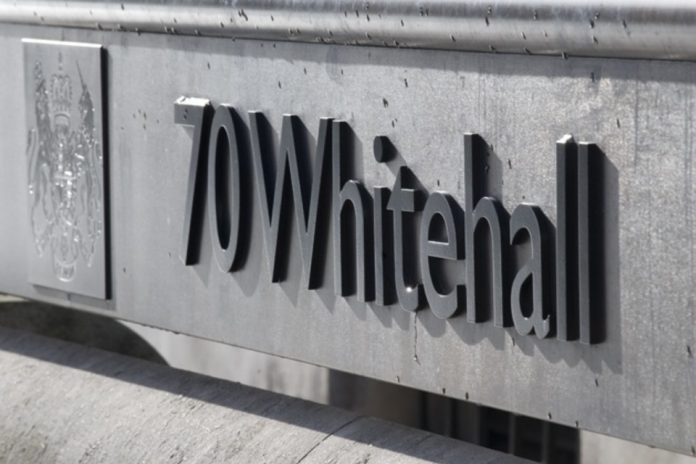It is critical that everybody observes the following key behaviours:
- HANDS – Wash your hands regularly and for at least 20 seconds.
- FACE – Cover your face in enclosed spaces, especially where social distancing may be difficult and where you will come into contact with people you do not normally meet.
- SPACE – Stay 2 metres apart where possible, or 1 metre with extra precautions in place.
Face Coverings
- Customers in private hire vehicles and taxis must wear face coverings (from 23 September).
- Customers in hospitality venues must wear face coverings, except when seated at a table to eat or drink. Staff in hospitality and retail will now also be required to wear face coverings (from 24 September).
- People who are already exempt from the existing face covering obligations, such as because of an underlying health condition, will continue to be exempt from these new obligations.
- Guidance stating that face coverings and visors should be worn in close contact services will now become law. (from 24 September)
- Staff working on public transport and taxi drivers will continue to be advised to wear face coverings.
Working from home
To help contain the virus, office workers who can work effectively from home should do so over the winter. Where an employer, in consultation with their employee, judges an employee can carry out their normal duties from home they should do so. Public sector employees working in essential services, including education settings, should continue to go into work where necessary. Anyone else who cannot work from home should go to their place of work. The risk of transmission can be substantially reduced if COVID-19 secure guidelines are followed closely. Extra consideration should be given to those people at higher risk.
Businesses
- Businesses selling food or drink (including cafes, bars, pubs and restaurants), social clubs, casinos, bowling alleys, amusement arcades (and other indoor leisure centres or facilities), funfairs, theme parks, and adventure parks and activities, and bingo halls, must be closed between 10pm and 5am. This will include take-aways but delivery services can continue after 10pm. (from 24 September)
- In licensed premises, food and drink must be ordered from, and served at, a table.
- Customers must eat and drink at a table in any premises selling food and drink to consume indoors, on site. (from 24 September)
- Businesses will need to display the official NHS QR code posters so that customers can ‘check-in’ at different premises using this option as an alternative to providing their contact details once the app is rolled out nationally. (from 24 September)
- Businesses and organisations will face stricter rules to make their premises COVID Secure (from 28 September).
- A wider range of leisure and entertainment venues, services provided in community centres, and close contact services will be subject to the COVID-19 Secure requirements in law and fines of up to £10,000 for repeated breaches.
- Employers must not knowingly require or encourage someone who is being required to self-isolate to come to work.
- Businesses must remind people to wear face coverings where mandated.
Meeting people safely
- Support groups must be limited to a maximum of 15 people (from 24 September)
- Indoor organised sport for over 18s will no longer be exempt from the rule of six. There is an exemption for indoor organised team sports for disabled people. (From 24 September)
- There will be a new exemption in those areas of local intervention where household mixing is not allowed to permit friends and family to provide informal childcare for children under 14. (from 24 September)
- Weddings and civil partnership ceremonies and receptions will be restricted to a maximum of 15 people (down from 30). Other significant standalone life events will be subject to the ‘rule of six’ limits, except funerals (from 28 September).
Government has announced an initial £60 million to support additional enforcement activity by local authorities and the police, in addition to funding that has already been awarded.
The spread of the virus is also affecting our ability to reopen business conferences, exhibition halls and large sporting events, so we will not be able to do this from 1 October.
The government’s expectation is the measures described above will need to remain in place until March.
These measures apply to England – but there may be different rules if you live in an area under local lockdown: and you should check local lockdown rules. If you are in Wales, Scotland or Northern Ireland, different rules may apply.







